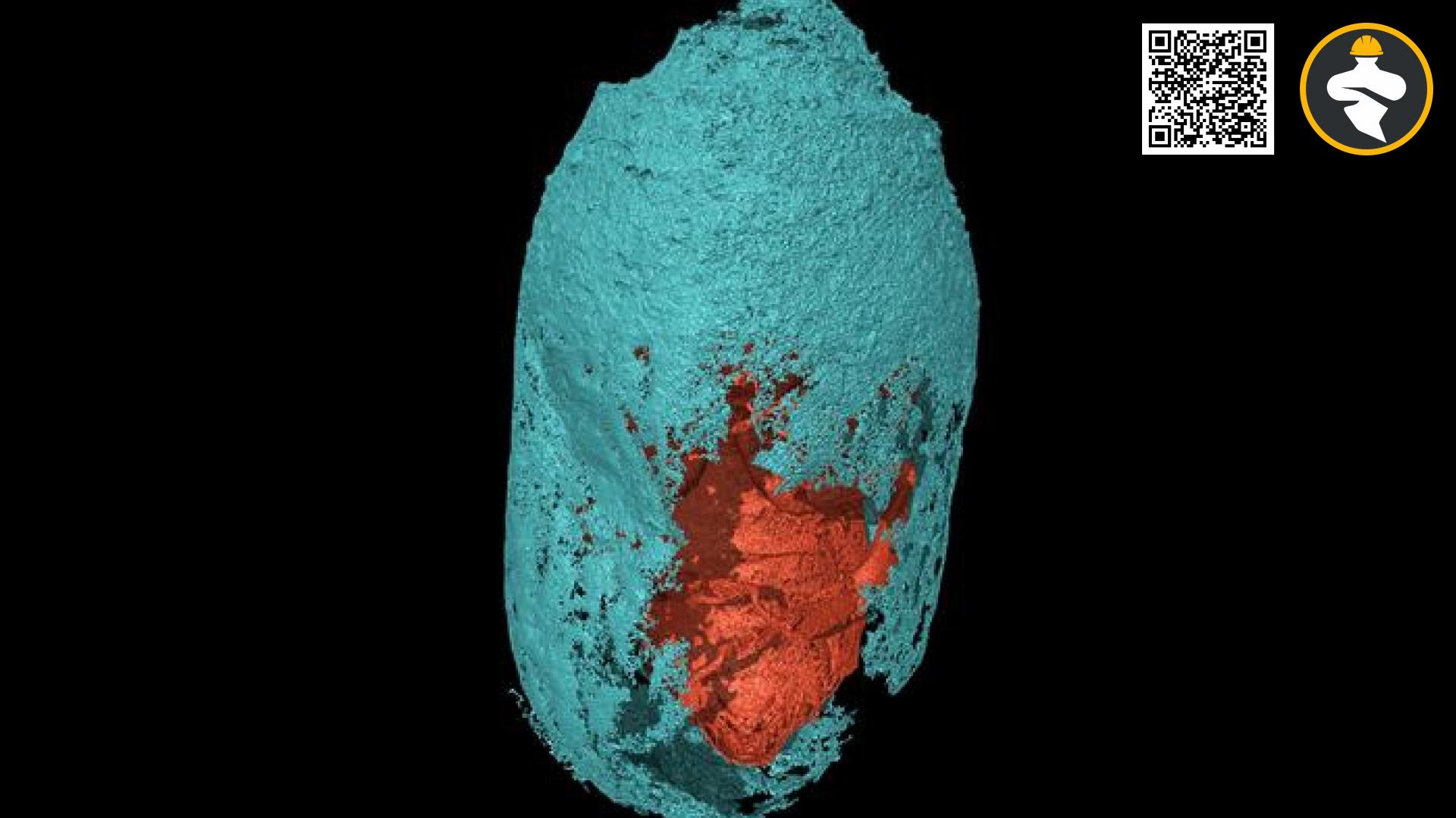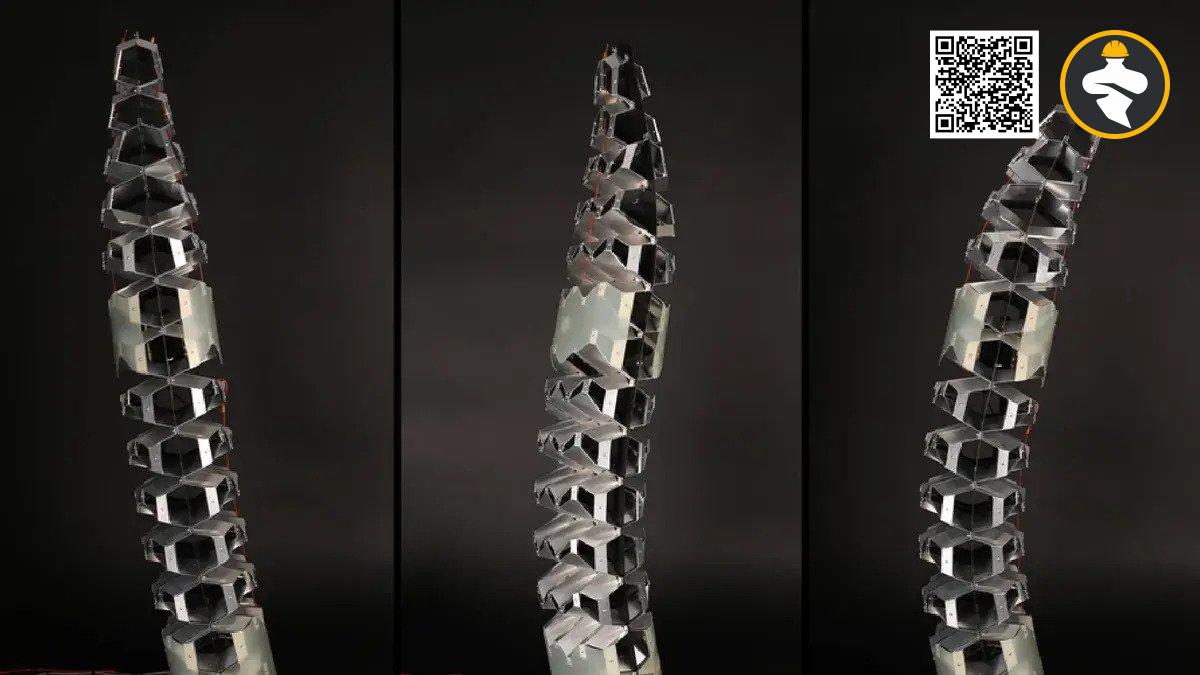Nature never ceases to amaze us with its bizarre and sometimes ruthless tactics for reproduction. In a peculiar discovery, male spider mites have been found to employ a rather unconventional method to secure their place as the first suitor. These cunning arachnids resort to ripping off the females’ skin in their relentless pursuit of mating dominance.
The study, published in the journal New Scientist, sheds light on the behavior of spider mites, tiny arthropods that are notorious for their reproductive strategies. Researchers observed that male spider mites, driven by an insatiable desire to be the first to mate, employ a gruesome technique that involves tearing off the females’ skin.
The researchers hypothesize that this skin-ripping behavior serves multiple purposes. Firstly, by removing the outer layer of the female’s exoskeleton, the male mite gains direct access to the reproductive organs, ensuring a heightened chance of successful mating. Additionally, this violent act might also act as a deterrent to other potential suitors, reducing the competition and further increasing the male’s chances.
It is intriguing to note that the females appear to tolerate this skin-ripping behavior, possibly due to evolutionary adaptations that have shaped their physiology to withstand such aggression. However, the study suggests that there might be negative consequences for the females, such as increased vulnerability to infections or reduced overall fitness.
Understanding the intricacies of these fascinating reproductive strategies in spider mites not only provides insight into the remarkable diversity of nature but also sheds light on the complex interplay between sexual selection and evolutionary adaptations. Further research in this field could unravel more mysteries surrounding the evolution of reproductive strategies in arthropods.
Reference: newscientist.com












